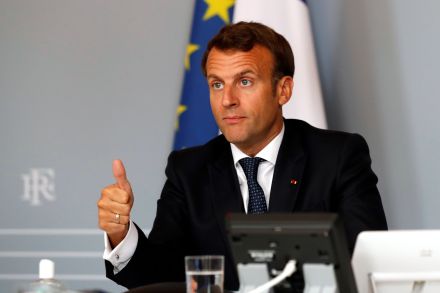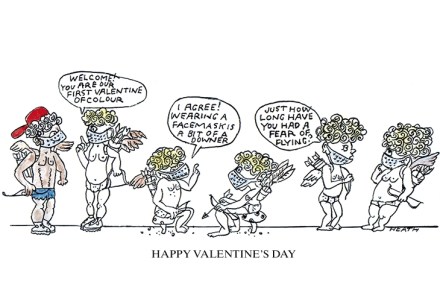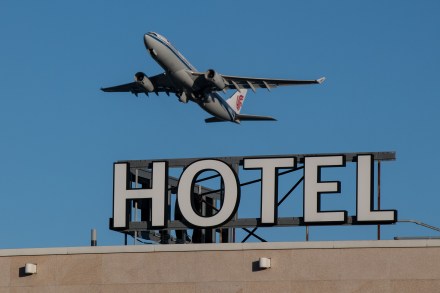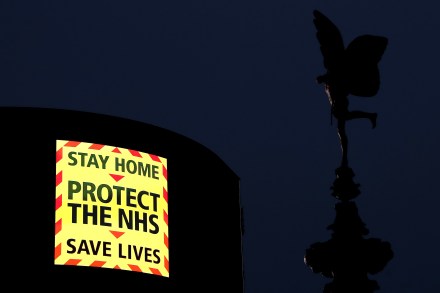Portrait of the week: Hotel quarantine starts, Ribblehead Viaduct cracks and a royal guest for Oprah
Home The target was achieved of vaccinating, by the middle of February, about 15 million people of 70 or over, together with care home residents and workers, and the clinically extremely vulnerable. But there was concern that a substantial proportion of care home workers declined the vaccine. By 16 February, more than 20 per cent of the population had been given their first dose. At dawn on 14 February, total UK deaths (within 28 days of testing positive for the coronavirus) had stood at 116,908, including 4,861 in the past week. Over the previous week, the seven-day moving average of deaths had fallen to 688 a day from 932 a




















